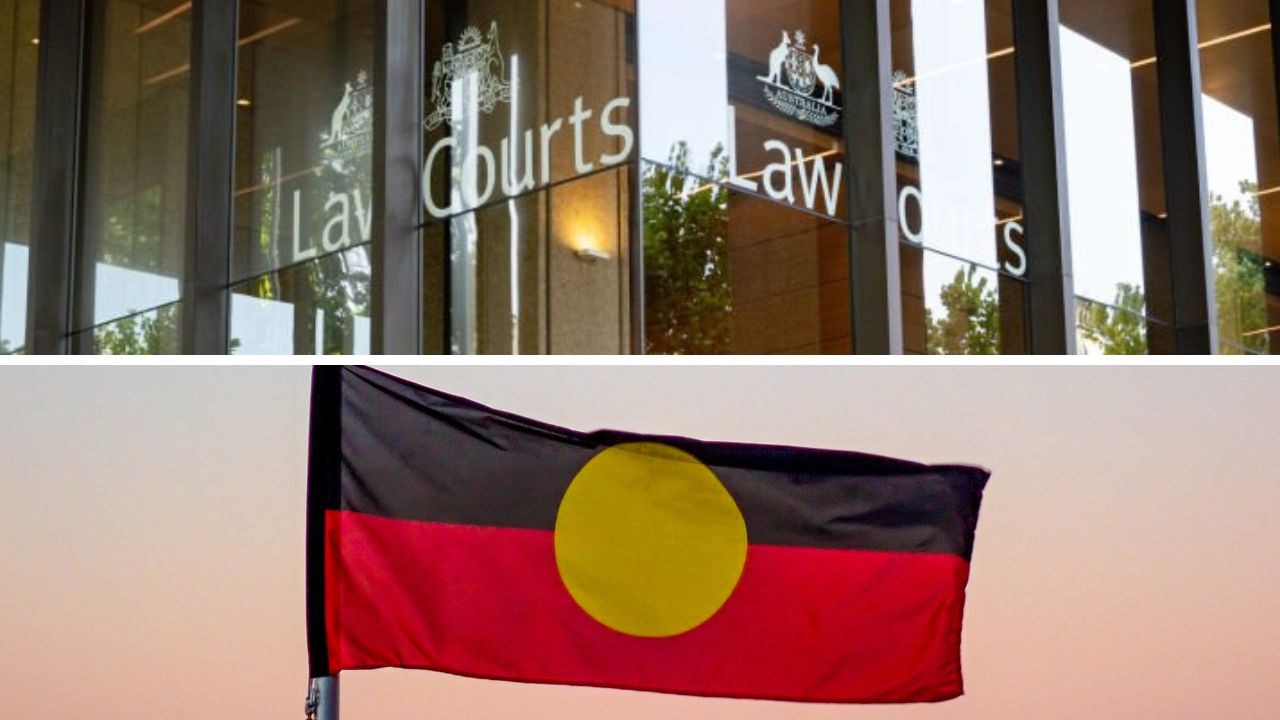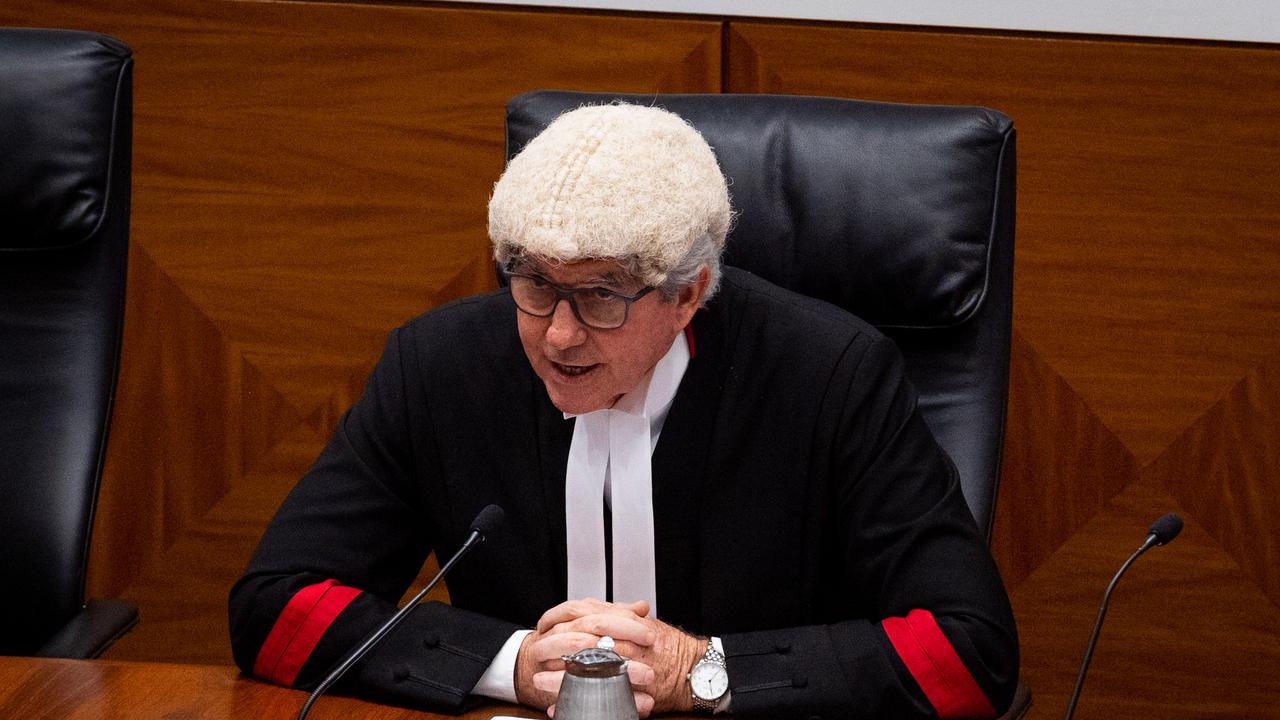Inquiry to stamp out fake Indigenous souvenirs
The Productivity Commission will launch a major investigation into fake Indigenous arts and crafts, focusing on inauthentic souvenirs and other goods that the government believes damage Australia’s identity.

The Productivity Commission will launch a major investigation into fake Indigenous arts and crafts, focusing on inauthentic souvenirs and other goods that the government believes damage Australia’s identity.
The 18-month study, expected to be announced on Thursday, will examine how these counterfeit products take economic opportunities from struggling communities. It will also look at the structure of the art market and barriers to entry.
The study forms part of the Morrison government’s response to a 2018 House of Representatives report on the impact of imitation cultural merchandise on First Nations peoples. That report found about 80 per cent of all souvenirs sold as Indigenous in Australia were not genuine. It also heard troubling evidence about carpetbagging (exploitation) by unscrupulous dealers and unethical practices by some art galleries.
Federal Arts Minister Paul Fletcher said Australia was internationally acclaimed for its Indigenous art, which was also a vital way for Aboriginal and Torres Strait Islander peoples to share and strengthen their culture.
“That is why we’ve asked the Productivity Commission to conduct a comprehensive inquiry into the value and structure of the current markets for First Nations visual art and crafts, which will propose possible policy and regulatory responses that will seek to support a professional, viable and ethical sector,” he said.
Indigenous Australians Minister Ken Wyatt said Indigenous art was a crucial part of Australia’s identity but was undermined by inauthentic material.
“We know that a significant and increasing proportion of products in the ‘style’ of Aboriginal and Torres Strait Islander arts and crafts that are sold in Australia are imitations. They mislead consumers and provide no economic benefit to their communities,” he said. ”These imitation products also cause offence and do not have any connection to Aboriginal and Torres Strait Islander peoples and cultures, which is why this inquiry will enable us to maintain an equitable and authentic arts and crafts market.”
The commission will examine the nature and structure of the art market onshore and overseas. It will also look at market deficiencies and barriers that affect artists and other stakeholders.
Its report is expected to weigh the costs and benefits of policy and regulatory responses and report by the end of 2022.
The Australian understands that while the commission may collect evidence about carpetbagging, misappropriation and forgery, those problems are more likely to be addressed through other means.
In 2019, an artists’ collective based in South Australia accused an Alice Springs-based dealer of kidnapping painters and forcing them to work against their will. There have been cases of dealers allegedly convincing famous artists to sign canvases they did not make and of auction houses mass marketing low-value copies.
Mr Wyatt has signalled a willingness to impose “enforceable solutions”. Self-regulation body the Indigenous Art Code cannot control non-member dealers. Even some of its members have been accused of wrongdoing.
A KPMG study prepared for the Aboriginal Art Centre Hub of Western Australia found consumers were unaware of fake products and did not know how to differentiate. But it also found people would pay more for genuine articles. The government in 2018 gave $150,000 to Alice Springs-based Desart to develop a digital labelling system.
Terms of reference sent to the Productivity Commission and seen by The Australian say imitation products “cause offence and harm” to Indigenous people and culture.
The terms direct the commission to look at regulatory and non-regulatory solutions, including labelling and certification.




To join the conversation, please log in. Don't have an account? Register
Join the conversation, you are commenting as Logout